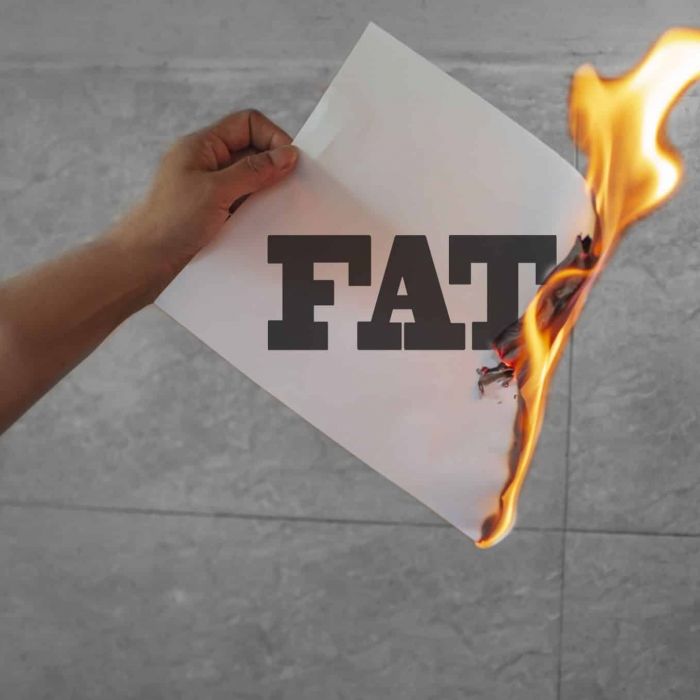Weight Loss Strategies for Individuals with Hypothyroidism
Hypothyroidism, a condition where the thyroid gland does not produce enough thyroid hormone, can create numerous challenges, including weight gain or difficulty losing weight. This is due to the role thyroid hormones play in metabolism, impacting how the body uses and stores energy. While managing weight with hypothyroidism can be challenging, it is not impossible. A combination of lifestyle modifications and medications, including weight loss supplements like semaglutide and tirezepatide can make a substantial difference.
Understanding Hypothyroidism and Weight Gain
Hypothyroidism often leads to weight gain, but not entirely because of fat accumulation. Much of the weight gain is due to excess water and salt retention caused by the lower metabolic rate and other hormonal changes. When hypothyroidism is adequately treated, only a small proportion of weight loss is due to fat loss, while the remainder is water weight.


Dietary Modifications
A balanced diet is key for anyone trying to lose weight, particularly for those with hypothyroidism. A diet rich in fruits, vegetables, lean protein, and complex carbohydrates can help control weight and ensure that the body gets the nutrients it needs. Incorporating foods high in fiber can help manage weight by reducing hunger pangs and enhancing digestion. It’s also important to monitor intake of goitrogenic foods, like cruciferous vegetables, soy, and certain types of seafood, as they may interfere with thyroid hormone production.
While there is no specific ‘hypothyroid diet’, some individuals may find it beneficial to limit their intake of gluten or dairy due to the increased prevalence of autoimmune conditions, like Hashimoto’s thyroiditis, in those with hypothyroidism. However, it’s always best to consult a registered dietitian or nutritionist who can provide personalized advice based on individual needs.
Physical Activity
Exercise increases metabolism, promoting more efficient burning of calories, which helps counteract the weight gain associated with hypothyroidism. Regular physical activity also enhances mood, a crucial consideration given the high incidence of depression in individuals with hypothyroidism.
Incorporating a mix of aerobic exercises, like walking or swimming, and strength training can have the most significant effect on weight management. Consistency is critical; a regular, manageable routine is better than sporadic, intense exercise.
Proper Management of Thyroid Medication
Treatment for hypothyroidism usually involves daily use of the synthetic thyroid hormone levothyroxine, which restores hormone levels and reverses the signs and symptoms of hypothyroidism. However, it is not a weight-loss drug and should not be used as such. Dosages need to be carefully calibrated and monitored, as too much can lead to symptoms of hyperthyroidism, including rapid weight loss.
Role of Semaglutide and Tirzepatide in Weight Loss
Recently, the use of certain medications like semaglutide (such as Wegovy®) and tirzepatide (like Mounjaro®) have shown promise for weight loss, particularly for those who have struggled to lose weight through traditional means. Semaglutide is a glucagon-like peptide-1 (GLP-1) receptor agonist that regulates appetite and food intake, resulting in weight loss.
Studies have shown that semaglutide and tirzepatide, particularly at higher doses, can lead to significant weight loss in individuals with and without diabetes. For example, the STEP trials (Semaglutide Treatment Effect in People with obesity) demonstrated that participants receiving semaglutide lost significantly more weight than those in the placebo group.
Your Next Steps
While hypothyroidism can make weight loss more challenging, it is not an insurmountable hurdle. A balanced diet, regular exercise, correct use of thyroid medication, and new medications like semaglutide and tirzepatide can provide a comprehensive approach to weight management in hypothyroidism.
Remember, it’s important to consult with healthcare providers before starting any new diet, exercise routine, or medication. Weight loss is a personal journey, and the best plan is one that works for the individual’s lifestyle and health needs. Here at AgeRejuvenation we specialize in tailoring therapy to the individual, helping to ensure maximum efficacy, minimum side effects, and the best possible outcomes for each patient.








